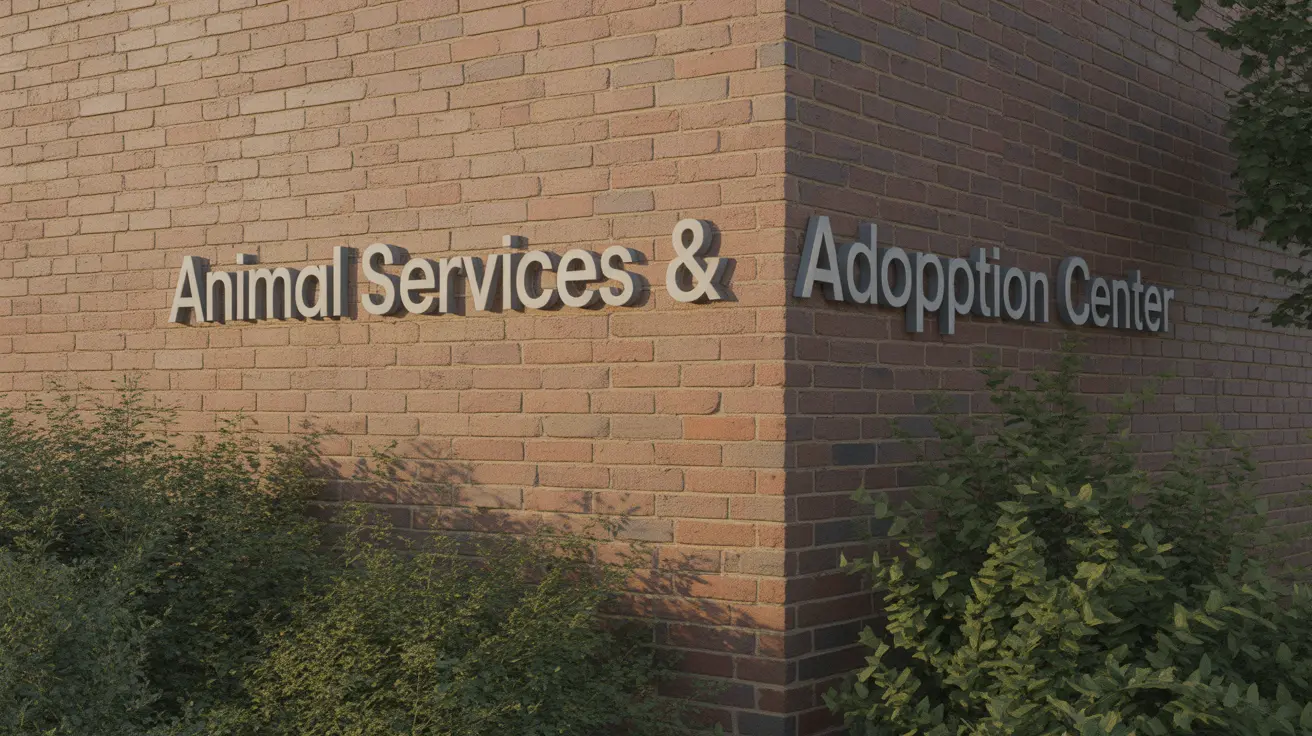Why Your Dog Suddenly Won't Eat Dog Food: Causes and Solutions
It’s distressing to see your dog suddenly refuse food. While some causes are benign, others warrant immediate veterinary attention. Understanding the root of this behavior is key to ensuring your pet's health and happiness.
Common Causes for Sudden Appetite Loss in Dogs
- Illness: Medical conditions like infections, organ dysfunction (liver, kidney, pancreas), gastrointestinal disease, or cancer may lead to food refusal. Look for signs like vomiting, diarrhea, or lethargy.
- Dental Disease: Issues such as broken teeth, gingivitis, mouth tumors, or abscesses can make eating painful. Symptoms may include drooling, bad breath, or mouth sensitivity.
- Behavioral or Emotional Stress: Changes in the home, like moving, guests, new pets, or separation anxiety, can affect appetite. Dogs may also skip meals due to fear of loud noises or unfamiliar environments.
- Changes in Diet: A sudden switch to new dog food or spoiled food can deter eating. Dogs may find the taste, smell, or texture unappetizing, especially if the change wasn't gradual.
- Food Preferences and Habits: If your dog regularly gets human food or treats, they may hold out for tastier options. Inconsistent feeding routines or a noisy environment during mealtime can also contribute.
- Vaccination or Age: Recent vaccinations may temporarily curb appetite. Older dogs may eat less due to reduced sense of smell, arthritis, or cognitive decline—but significant loss of appetite is never normal and should be checked.
- Gastrointestinal Upset: Eating something inappropriate or infections may cause nausea. Associated signs include vomiting, abdominal discomfort, or diarrhea.
When to See a Vet
Contact your veterinarian if:
- Your dog hasn’t eaten for over 24 hours, or 12 hours for puppies
- They also refuse water or show lethargy, vomiting, diarrhea, or weight loss
- You observe coughing, signs of dental pain, or abnormal behavior
Practical Tips to Encourage Eating
- Warm the food to enhance aroma and make it more appealing
- Add warm water, broth, or a bit of tuna water to kibble to soften and flavor it
- Try wet or canned food or mix with dry food to offer variety
- Hand-feed or use activity feeders to make meals more engaging
- Feed smaller meals more frequently, especially for sick or older dogs
- Create a calm and quiet feeding environment, away from distractions
- Keep food and water bowls clean and in a consistent location
- Gradually transition to new food over 7–10 days to avoid stomach upset
- Limit treats to less than 10% of daily calories
Special Considerations
- If your dog eats treats but not meals, limit access to snacks and remain consistent
- Avoid reinforcing picky eating with human food or excessive treats
- Coordinate feeding with all household members to prevent overfeeding
- Senior dogs might benefit from raised bowls or feeding mats
- During stressful events like storms, provide comfort and quiet feeding areas
What Not to Do
- Avoid force-feeding, which can cause stress or worsen anxiety
- Don't offer every food option hoping something ‘sticks’—this encourages fussiness
Veterinary Solutions
If appetite loss stems from chronic illness, your vet may prescribe appetite stimulants, special diets, or other medical interventions appropriate to your dog’s condition.
Conclusion
While temporary food refusal might be harmless, persistent disinterest in dog food usually signals an underlying issue. Monitor your dog closely and don't hesitate to seek veterinary advice to ensure their well-being.





